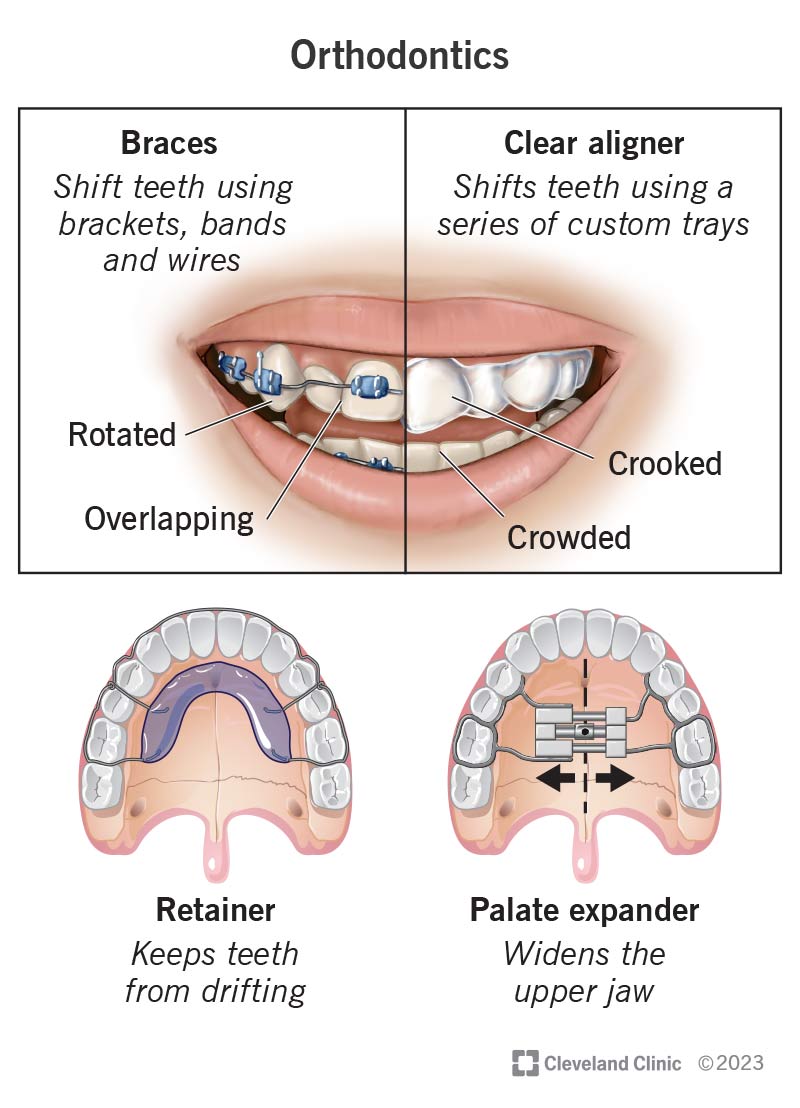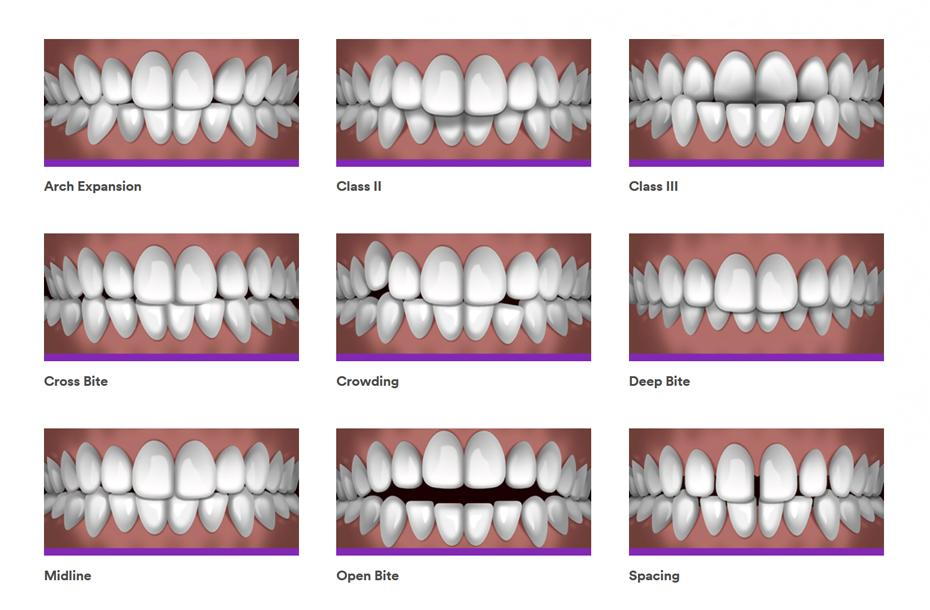Little Known Questions About Causey Orthodontics.
Little Known Questions About Causey Orthodontics.
Blog Article
The smart Trick of Causey Orthodontics That Nobody is Discussing
Table of ContentsSome Known Incorrect Statements About Causey Orthodontics The Of Causey OrthodonticsThe Facts About Causey Orthodontics UncoveredEverything about Causey OrthodonticsGet This Report on Causey OrthodonticsThe Definitive Guide to Causey OrthodonticsThe Basic Principles Of Causey Orthodontics
What is the difference between a dentist and an orthodontist? To address an inquiry that is commonly asked, both dental professionals and orthodontists aid individuals obtain far better oral health and wellness, albeit in various ways. It assists to bear in mind that dentistry is an instead broad science with various medical expertises. All dental experts, consisting of orthodontists, treat the teeth, gum tissues, jaw and nerves.
You can think of both medical professionals who treat gum and teeth troubles. The main distinction is that becoming an orthodontist needs a specific specialty in dealing with the misalignment of the teeth and jaw.
Unknown Facts About Causey Orthodontics
An orthodontist is a dental practitioner that has undertaken training to concentrate on the medical diagnosis, prevention and therapy of irregularities in the jaw and teeth. Their training includes correcting these existing problems. They can likewise recognize prospective problems in teeth alignment that may develop when conditions are left unattended. Orthodontists can assist individuals of all ages.
This consists of all the required education to end up being a basic dental practitioner. According to the American Pupil Dental Association (ASDA), it suggests you will require to have either a Physician of Medicine in Dentistry (DMD) or a Doctor of Dental Surgical Procedure (DDS). In other words, orthodontists need to finish oral institution and after that get an orthodontics specialized education.
Some orthodontists also get their masters in craniofacial biology. These programs concentrate on two details areas or self-controls: Dentofacial Orthopedics: This research study focuses on directing teeth and jaw advancement.
What Does Causey Orthodontics Do?

 These consist of device such as dental braces, retainers and Invisalign. What does an orthodontist do, and what do they concentrate on? The total objective of an orthodontist is to boost a patient's bite. Not everyone is born with straight teeth, and an orthodontist will guarantee that individuals obtain evenly spaced straight teeth.
These consist of device such as dental braces, retainers and Invisalign. What does an orthodontist do, and what do they concentrate on? The total objective of an orthodontist is to boost a patient's bite. Not everyone is born with straight teeth, and an orthodontist will guarantee that individuals obtain evenly spaced straight teeth.
The Basic Principles Of Causey Orthodontics
The American Association of Orthodontists suggests your initial check up by age 7. You'll require to see your orthodontist if you have a misalignment in your teeth, likewise called malocclusion. Additionally, if you notice uneven bite patterns, a somewhat twisted jaw, or when your teeth are chock-full, you will likely need orthodontic therapy.
In addition, we provide adjustable treatment timetables, adaptable payment options and a fun, satisfying experience.
An orthodontist is a dentist trained to detect, protect against, and deal with teeth and jaw irregularities. Orthodontists work with people of all ages, from youngsters to adults (https://answers.informer.com/user/causeyortho7).
Unknown Facts About Causey Orthodontics
Malocclusion, or misaligned teeth, can result in oral problems, including dental caries, periodontal condition, and tough or excruciating chewing. Yet not every person is born with straight teeth. If you have a negative bite or big rooms between your teeth, you might wish to consult a dentist concentrating on orthodontic care.
(Photo Credit History: DigitalVision/Getty Images) Orthodontists make use of fixed and detachable dental gadgets, like dental braces, retainers, and bands, to change the position of teeth in your mouth. Orthodontic treatment is for dental abnormalities, including: Uneven teethBite troubles, like an overbite or an underbiteCrowded teeth or teeth that are as well much apartJaw misalignmentThe goal of orthodontic therapy is to improve your bite.
4 Simple Techniques For Causey Orthodontics

All orthodontists are dental professionals, however not all dental experts are orthodontists. Orthodontic residency programs provide extensive, focused instruction for oral professionals. They focus on 2 areas: Exactly how to appropriately and safely relocate teeth How to correctly lead development in the teeth, jaw, and faceOnce an orthodontist has actually finished training, they have the alternative to become board certified.
Malocclusion leads to tooth congestion, a twisted jaw, or uneven bite patterns. Malocclusion is normally treated with: Your orthodontist attaches metal, ceramic, or plastic square bonds to your teeth.
The Causey Orthodontics Statements
If you have only minor malocclusion, you might have the ability to use clear braces, called aligners, rather than conventional dental braces. Some individuals require a headgear to aid move teeth right into line with pressure from outside the mouth. After dental braces or aligners, you'll require to put on a retainer. A retainer is a personalized device that keeps your teeth in position.
Report this page